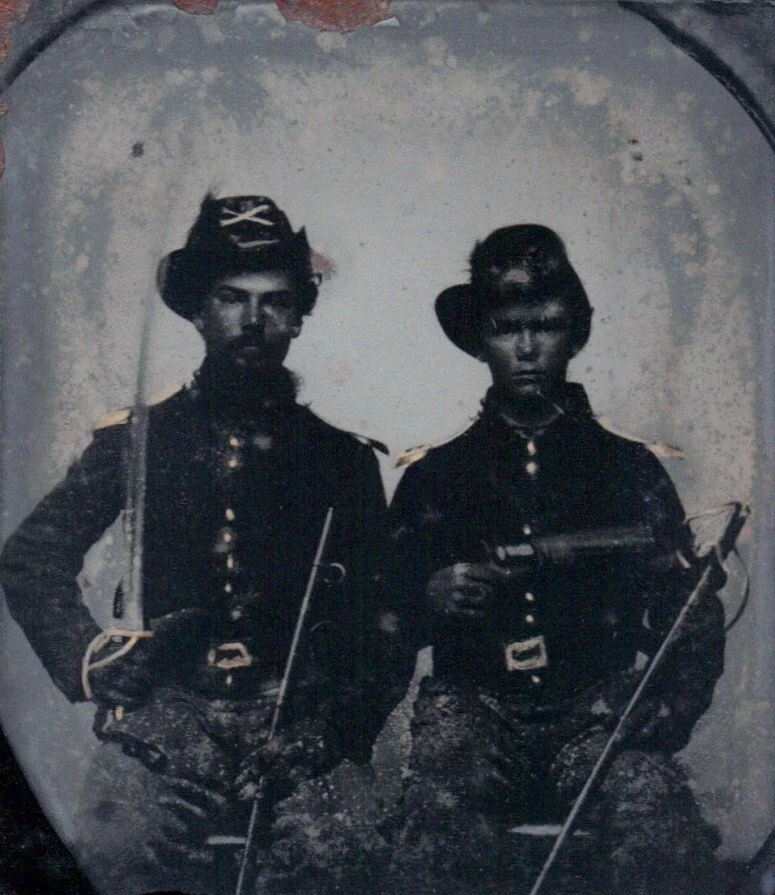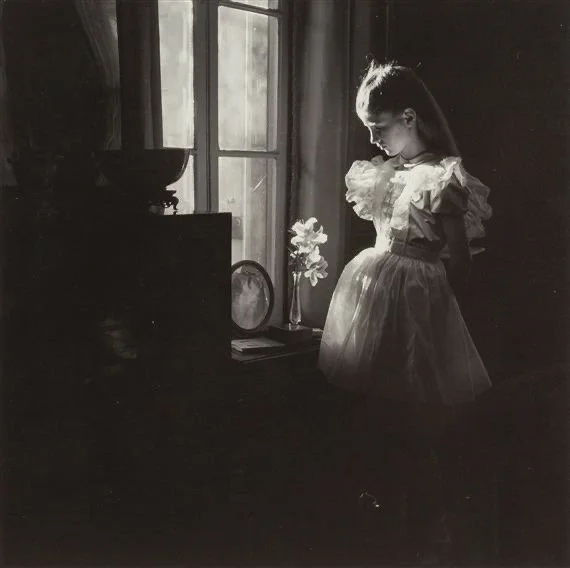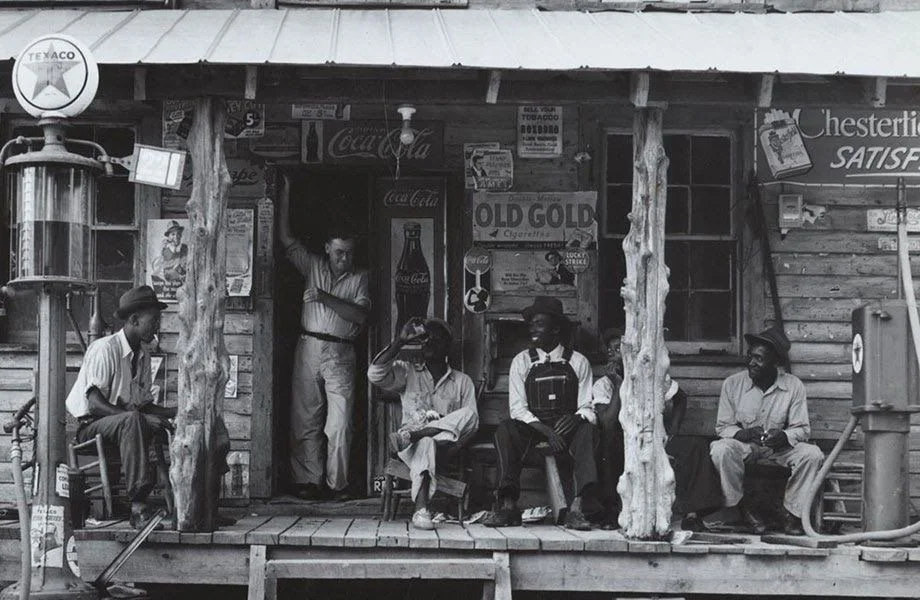The Shadows of Our Inheritance
By: Elizabeth Gray
The Civil War ended more than a century and a half ago, yet its smoke has never fully lifted. The South still walks among its ruins — not just in crumbling buildings and forgotten graveyards, but in the habits of heart that have been passed down to us like fragile heirlooms. We’ve inherited more than land and names; we’ve inherited the shadows.
These shadows have stretched long into the present. We still see them in politics; in families; in the way pride is still prized above honesty, and silence preferred over truth. To reckon with these shadows is to admit that the Civil War never fully ended — it only changed shape.
And yet, our reckoning is not despair. Rather, to trace these shadows is to understand them, and in turn, to loosen their grip. Here we are faced with a powerful reminder. We inherit not only the darkness, but also the resilience of those who endured it. This series is a searching — through honor and violence, through gender and race, through silence and song — for the truths that bind us and the truths that can set us free.
“The past is never dead. It’s not even past.”
— William Faulkner, Requiem for a Nun
Toward a New Reckoning
To reckon is to hold two truths at once: the beauty and the brutality, the resilience and the ruin.
The South gave us the blooms of magnolias and dogwoods, hymns sung in one-room churches, and porches where neighbors became kin. But it also gave us silence, shame, and blood, all in the name of pride. To honor one without the other is to tell only half the story.
My own story is stitched with loss — a mother, a brother, a father gone in seven years’ time. Grief alone became the river that carried me back to the past, searching for the roots of my sorrow in the lives of my ancestors. In their choices, wounds, and endurance, I found reflections of my own.
Reckoning does not mean despair. It means refusing to look away. It means seeing how pride, violence, and silence have shaped us — but also how music, faith, and community have carried us through.
The reckoning, I imagine, is also not about condemnation alone. It is about clarity. It is about stepping out of the shadows we inherit and into the possibility of light. If we can name both the violence and the beauty, perhaps we can choose to build a future less captive to pride, less bound by silence, and less divided by illusions of honor.
Dogwoods still bloom, while storms still break and pass. And in their wake, we are left with the task of tending the soil — together, with honesty and grace.




